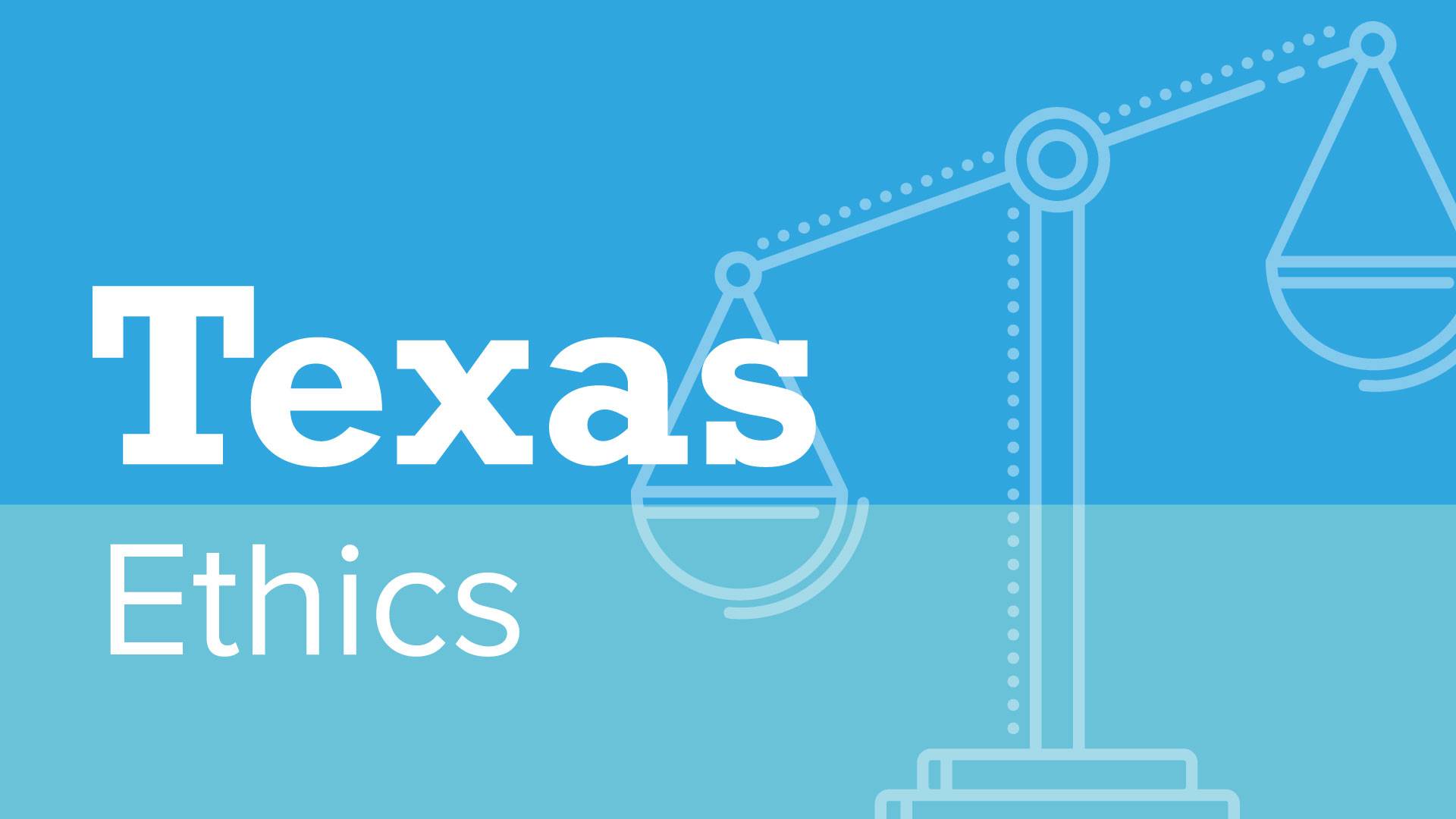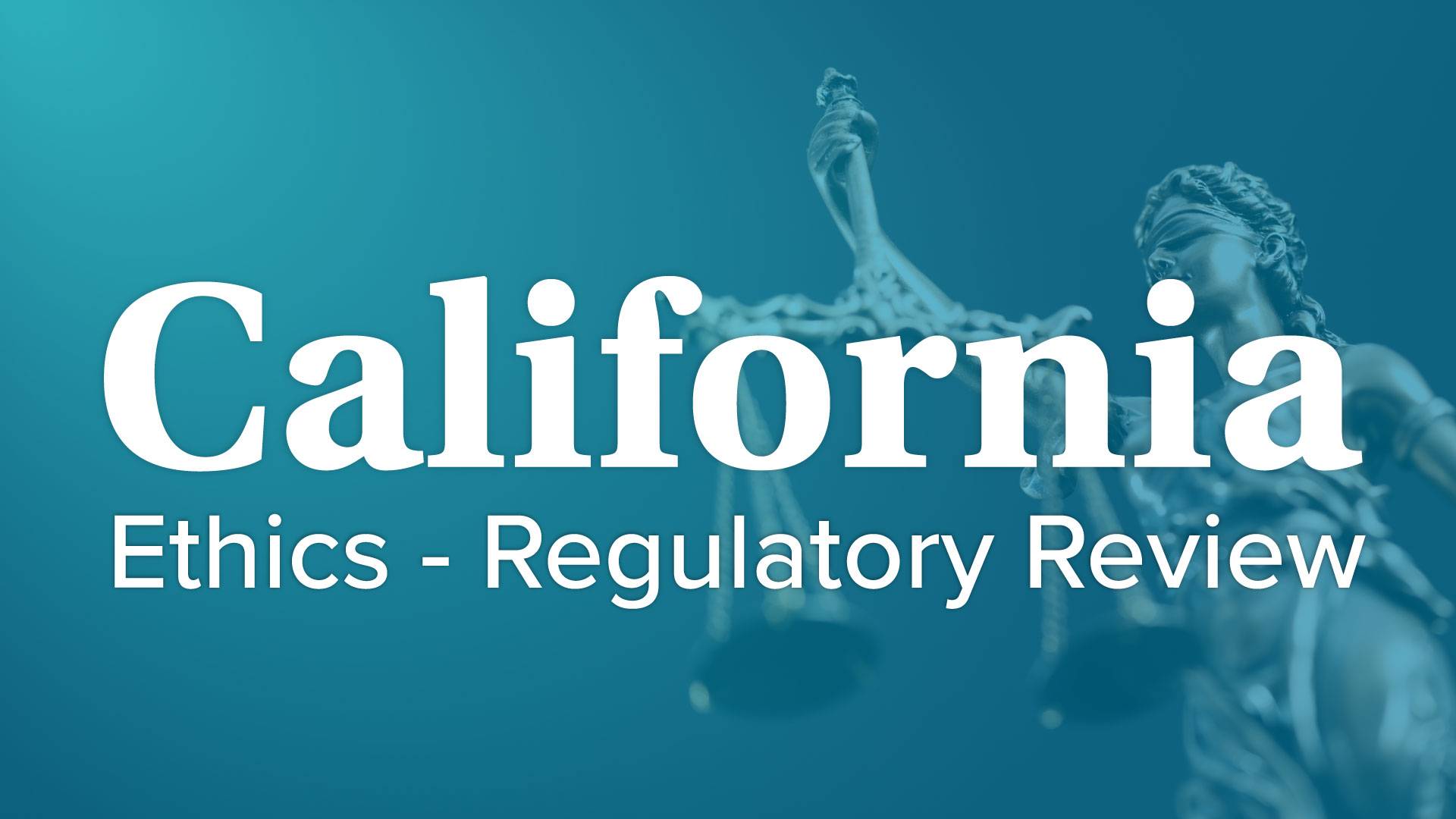Self-Study
Enrolled Agent Ethical Standards: Practices & Procedures
Refresh ethical standards and examine the detailed Treasury Department Circular 230 regulations.

$58.00 – $78.00
Webcasts are available for viewing Monday – Saturday, 8am – 8pm ET.
Without FlexCast, you must start with enough time to finish. (1 Hr/Credit)
Please fill out the form below and we will reach out as soon as possible.
CPE Credits
2 Credits: Regulatory Ethics
Course Level
Overview
Format
Self-Study
Course Description
The Internal Revenue Service routinely processes more than 240 million tax returns each year, many of them prepared by tax professionals. Not surprisingly, as tax law becomes increasingly complex, taxpayers often seek the knowledgeable assistance of enrolled agents and other professionals in their preparation.
To help ensure enrolled agents and other professionals understand their ethical responsibilities in representing their clients before the IRS and in preparing tax returns, the IRS has published Treasury Department Circular 230. Circular 230 offers substantial guidance by:
- Setting forth rules relating to the authority to practice before the IRS; and
- Identifying the duties and restrictions relating to such practice.
This enrolled agent ethics CPE course will examine the principal rules, duties and restrictions applicable to enrolled agents in their professional activities.
Learning Objectives
Upon successful completion of this course, participants will be able to:
- Recognize the permitted scope of enrolled agent responsibilities in their practice before the Internal Revenue Service;
- Identify the best practices for preparing or assisting in the preparation of a submission to the Internal Revenue Service; and
- List the duties and restrictions applicable to enrolled agents with respect to –
- Information to be furnished to the IRS,
- Dealing with taxpayer omissions, errors and noncompliance with U.S. revenue laws,
- The requirement for preparer diligence,
- Return of client records,
- The existence of conflicts of interest, and
- Solicitation of business.
Course Specifics
SS4210688
January 3, 2025
There are no prerequisites.
None
48
Compliance Information
IRS Provider Number: 0MYXB
IRS Course Number: 0MYXB-E-02431-24-S
IRS Ethics Credits: 2
CTEC Course Number: 2071-CE-01066
CTEC Ethics Credits: 2
CFP Notice: Not all courses that qualify for CFP® credit are registered by Western CPE. If a course does not have a CFP registration number in the compliance section, the continuing education will need to be individually reported with the CFP Board. For more information on the reporting process, required documentation, processing fee, etc., contact the CFP Board. CFP Professionals must take each course in it’s entirety, the CFP Board DOES NOT accept partial credits for courses.
CTEC Notice: California Tax Education Council DOES NOT allow partial credit, course must be taken in entirety. Western CPE has been approved by the California Tax Education Council to offer continuing education courses that count as credit towards the annual “continuing education” requirement imposed by the State of California for CTEC Registered Tax Preparers. A listing of additional requirements to register as a tax preparer may be obtained by contacting CTEC at P.O. Box 2890, Sacramento, CA, 95812-2890, by phone toll-free at (877) 850-2832, or on the Internet at www.ctec.org.
Meet The Experts

Paul J. Winn CLU ChFC is a writer with more than 30 years experience in the life insurance and securities industry as an agent/registered representative, an agency head, a marketing vice president for a life insurance company and the president of a corporate registered investment adviser. He was a long serving member of the advisory board to the New York State insurance department. He is a published book author and creator of more than 200 taxation, insurance and securities training courses.
Related Courses
-
 Regulatory Ethics
Regulatory Ethics
Ethics and Professional Conduct for Texas CPAs
Joseph Helstrom, CPA QAS Self-Study
Credits: 4 $116.00
QAS Self-Study
Credits: 4 $116.00$116.00 – $136.00
-
 Regulatory Ethics
Regulatory Ethics
California Regulatory Review
Delta CPE LLC QAS Self-Study
Credits: 2 $58.00
QAS Self-Study
Credits: 2 $58.00$58.00 – $78.00
-
 Regulatory Ethics
Regulatory Ethics
Ethics and Professional Conduct for California CPAs
Patricia McCarthy, MBA & Joseph Helstrom, CPA QAS Self-Study
Credits: 4 $116.00
QAS Self-Study
Credits: 4 $116.00$116.00 – $136.00
